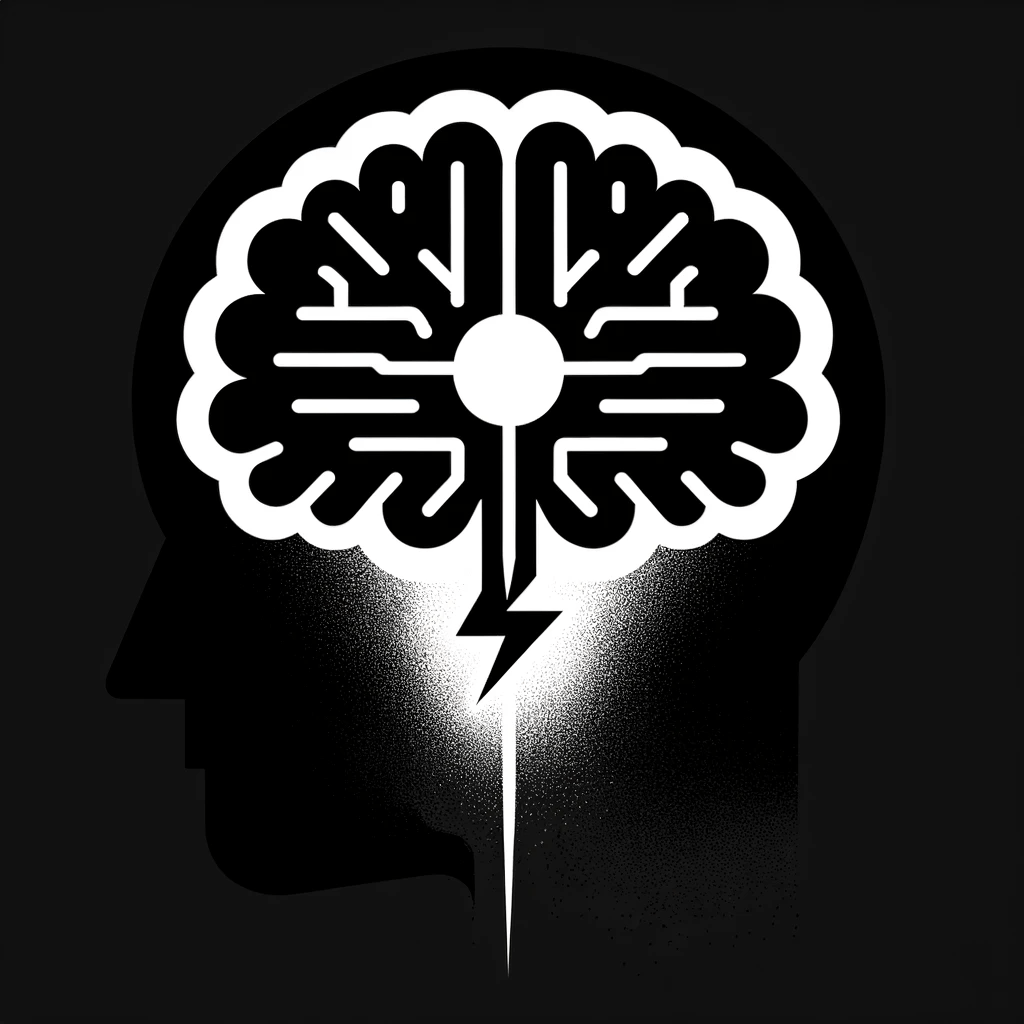
In a thought-provoking Twitter thread, George Mack challenges the traditional view of cognitive biases, suggesting they can be reframed as superpowers rather than flaws. This perspective shift is not just optimistic but empowering, encouraging individuals to harness these biases for personal and professional advancement.
1. Impostor Syndrome as a Shield Against Complacency
Traditionally seen as a self-doubt hindrance, Impostor Syndrome, according to Mack, can actually be a force against complacency. By constantly questioning one’s abilities, individuals are driven to continuous improvement, staying sharp and competitive.
2. Planning Fallacy: A Catalyst for Efficiency
The Planning Fallacy, where tasks often take longer than expected, is flipped on its head. Mack suggests setting ambitious deadlines, which, even if extended, align with realistic goals, fostering a culture of efficiency and timely delivery.
3. Loss Aversion as a Motivational Tool
The pain of loss, typically seen as a negative bias, can be leveraged to create positive habits. By betting on personal goals, one combines the fear of monetary loss with the desire for social validation, leading to stronger commitment.
4. Hedonic Treadmill: A Reminder to Appreciate Life
The Hedonic Treadmill bias, which leads to a quick adaptation to changes in life, can be used as a tool for gratitude. By contrasting one’s life with those less fortunate, individuals can appreciate their current state more deeply.
5. The Spotlight Effect: A Freedom From Judgment
The misconception that people are overly concerned with our actions is debunked. Mack argues that most are too preoccupied with their own image to judge others, offering freedom from self-consciousness.
6. Mimetic Desire: Shaping Aspirations
This bias, where desires are often shaped by those around us, can be strategically used to shape one’s aspirations and goals by surrounding oneself with inspiring individuals.
7. Identity Bias: Crafting a Flexible Self-Image
Mack proposes using Identity Bias, where we conform to our perceived identity, to our advantage by adopting a fluid and adaptable self-image, leading to more open-mindedness and growth.
8. Environment Bias: Building Productive Spaces
Rather than overestimating willpower, Mack suggests using it to create environments conducive to success. This transforms fleeting motivation into lasting behavioral change.
9. Present Day Bias: Embracing Future Possibilities
Finally, the Present Day Bias, which often limits our vision to current norms, is seen as an opportunity. The future holds uncharted ideas and innovations, and recognizing this opens doors to groundbreaking thoughts.
George Mack’s perspective on cognitive biases invites us to rethink our approach to personal development. By seeing these biases as tools rather than hindrances, we can unlock our potential and drive meaningful change in our lives and the world.